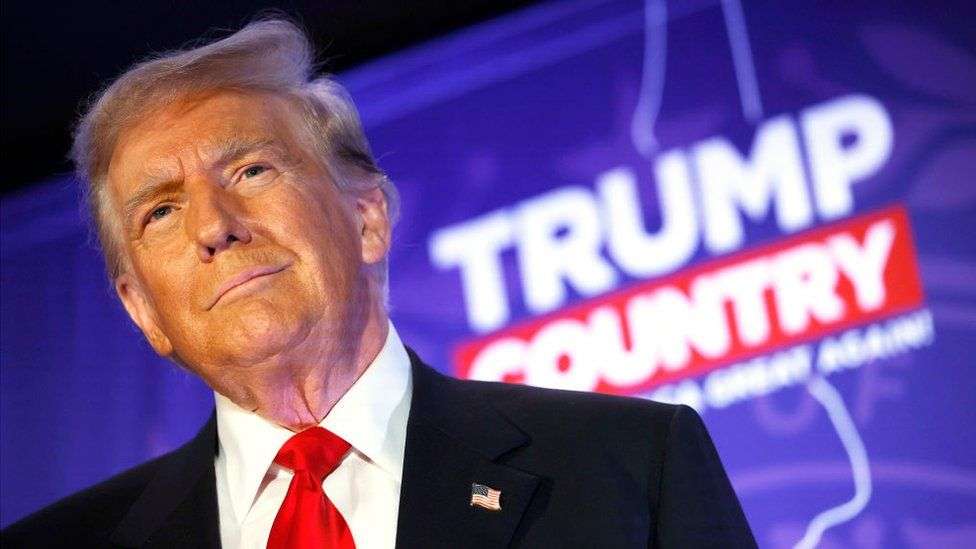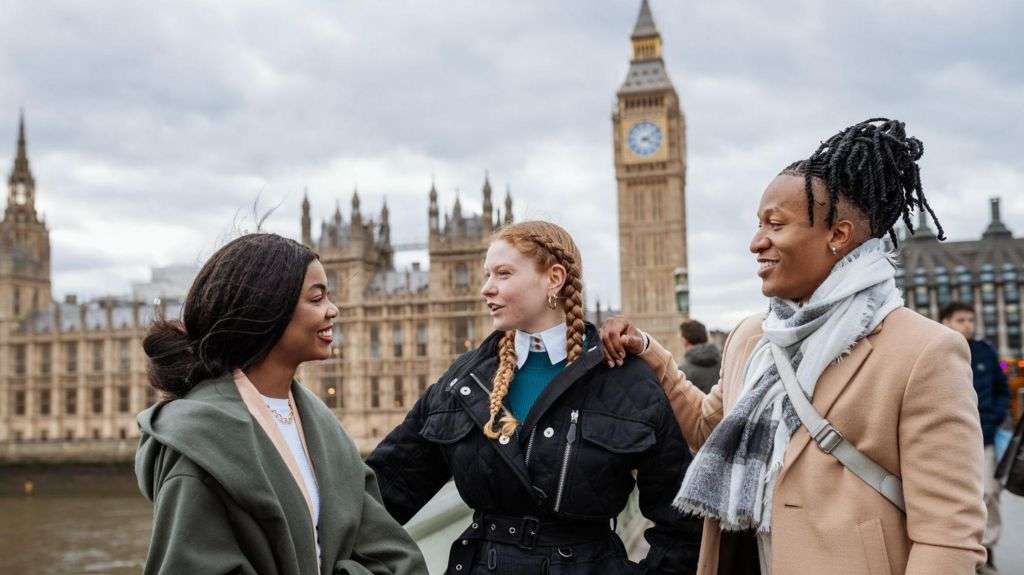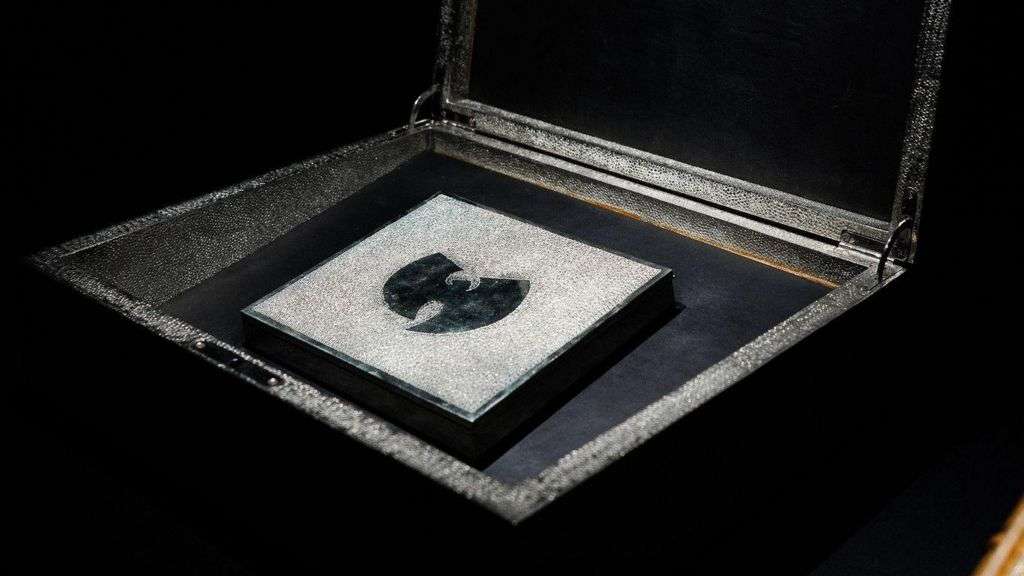Donald Trump has urged the US Supreme Court to put a "swift and decisive end" to his exclusion from Colorado's presidential primary ballot.
In a court filing on Thursday, Mr Trump said "chaos and bedlam" would be unleashed if other states followed Colorado and banned him from primaries.
Colorado's top court banned Mr Trump in December, accusing him of engaging in insurrection over the Capitol riot.
An identical ruling in Maine was placed on hold by state judges on Wednesday.
The 14th Amendment of the US constitution excludes anyone who has "engaged in insurrection or rebellion" from holding federal office.
But in his filing on Thursday, Mr Trump's lawyers argued that the provision does not apply to the presidency, writing that the office is not among those listed in the amendment.
"The Court should reverse the Colorado decision because President Trump is not even subject to section 3, as the president is not an 'officer of the United States' under the Constitution," the submission read.
"And even if President Trump were subject to section 3 he did not 'engage in' anything that qualifies as 'insurrection," it added.
The 77-year-old remains the firm frontrunner in the Republican presidential race, and his lawyers argued that his disqualification from the ballot would "disenfranchise tens of millions of Americans".
The filing gives an insight into the arguments Mr Trump's legal team will present when the Supreme Court hears the case on 8 February.
His appeal to the nation's highest court over the Colorado decision means that the nine Supreme Court justices could end up making a hugely consequential judgment on his eligibility to run for the White House.
The Republican primaries in Colorado and Maine are scheduled for 5 March - so-called Super Tuesday - when many states hold their votes to choose party contenders. But postal ballots need to be sent out weeks beforehand, meaning the Supreme Court is under growing pressure to act.
Similar efforts to disqualify Mr Trump in at least 30 other states are underway, his submission claimed. Efforts in Minnesota and Michigan have already failed, while a state court in Washington struck down another bid on Thursday.
The US' top court, which has a conservative majority - with three justices appointed by Donald Trump when he was president - faces a difficult decision in ruling whether to apply the 14th Amendment.
Historically, the provision - approved in 1866 - was intended to prevent the return of Confederate politicians to powerful offices within the US government following the Civil War.
But its application in the modern day has never been tested, and academics have expressed some scepticism whether it can be applied to Mr Trump's case.
"You don't have a clear definition of what insurrection is within the meaning of the 14th Amendment. It's not clear. It just uses the word," Prof Robert Tsai of Boston University told the OceanNewsUK last month.
The other issue with disqualifying Mr Trump on the grounds of engaging in an insurrection is that he has not yet been found guilty of doing so by any court.
But legal experts have previously said the court may take unfavourably to claims that the presidency is not covered by the 14th Amendment, as argued in Mr Trump's submission on Thursday.
"If there's anybody who's an officer of the United States, it's somebody who holds the highest and most powerful office in federal government," Prof Ilya Somin, a law professor at George Mason University, said.








